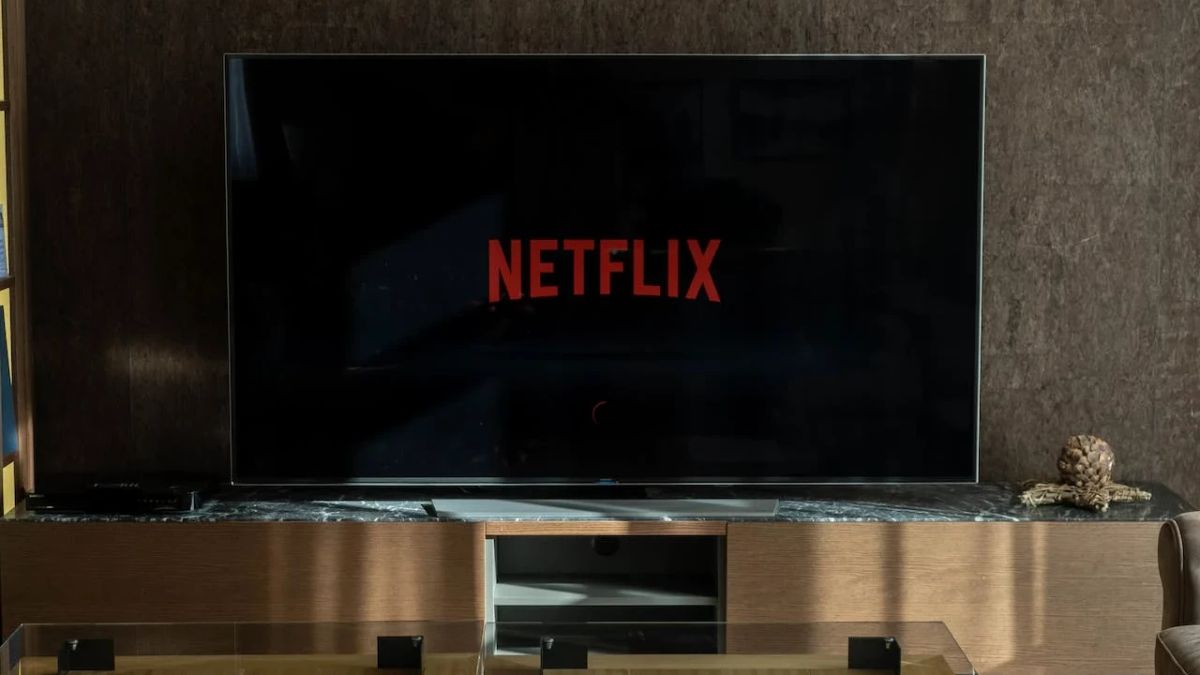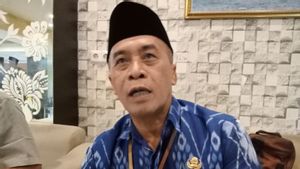JAKARTA - On Friday, November 10, India introduced a new broadcasting bill to regulate the sector. The law will also apply to streaming giants such as Netflix, Disney, and Amazon. The law calls for the formation of an individual content evaluation committee.
Netflix and Amazon have become very popular in India, which is projected to become a $7 billion market for the sector by 2027, according to Asian Media Partners. Leading Bollywood stars appear at online events, some of whom have come under criticism from legislators and the public for scenes that are considered vulgar or offend religious feelings.
The Minister of Information and Broadcasting, Anurag Badminton, said the formation of the Content Evaluation Committee (CEC) by each broadcaster was one of the "key innovations" in this new law and would assist in "strong self-regulation".
"Each broadcaster or broadcaster operator must form a Content Evaluation Committee (CEC) with members of various social groups," stated a draft law document, which is open to public consultation for 30 days.
However, this proposal comes at a time when increased scrutiny of streaming companies in India over content issues.
In July, Reuters reported that the ministry had personally notified Netflix and other streaming services that its content should be independently checked for obscenity and violence before it was broadcast online.
Although all films in Indian cinemas are reviewed and certified by the board appointed by the government, the streaming content is not.
SEE ALSO:
In the proposed bill, the federal government "can determine the size, quorum, and operational details" of the CEC, and only events that have been "certified" by the committee will be broadcast, the bill reads.
"What is happening now is a historic opportunity for wasted liberalization, and a government censorship and control externalistic mechanism has been proposed," said Apar Gupta, a New Delhi-based technology policy expert, on the content review proposal.
"This law will also give the government the power to regulate any online creator or media news platform," Gupta added.
The English, Chinese, Japanese, Arabic, and French versions are automatically generated by the AI. So there may still be inaccuracies in translating, please always see Indonesian as our main language. (system supported by DigitalSiber.id)


















